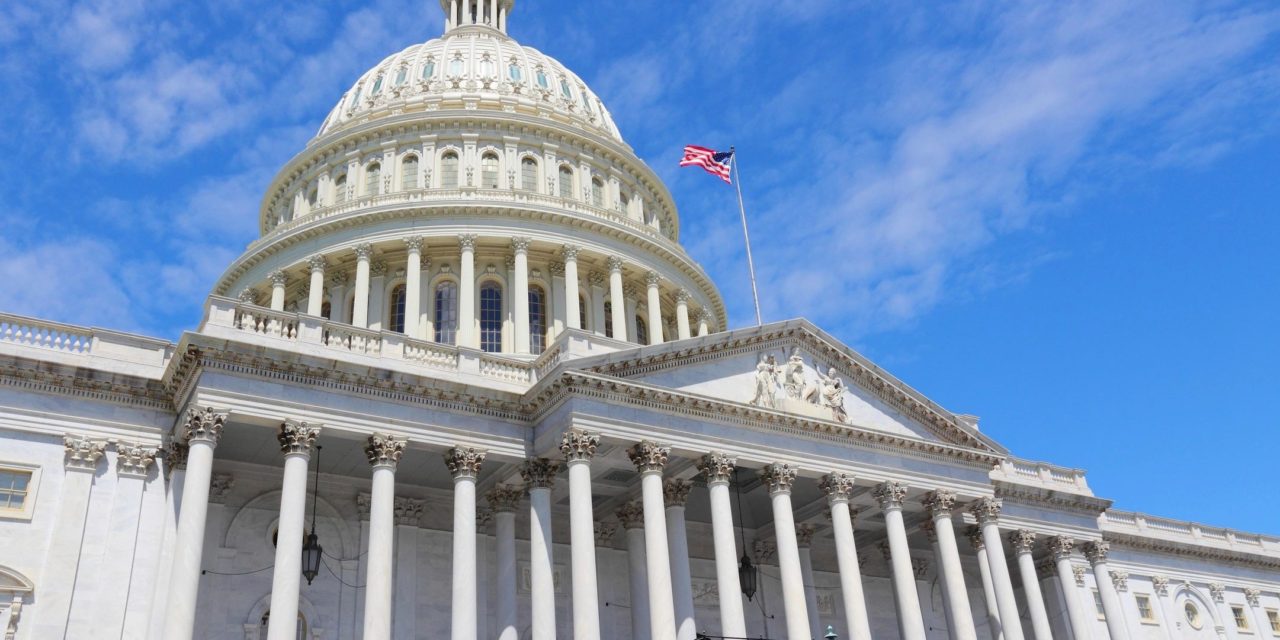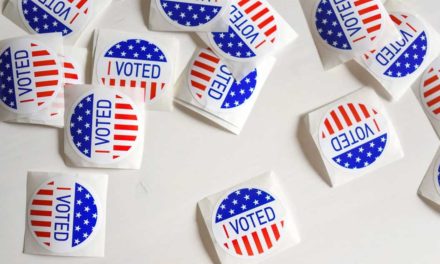I’ve written more than sixteen blogs this year about the ethics of politics. Today’s post is a bit of a jump from abstract politics to our most political branch of government—the United States Senate—and from there down to the ethics of the Senate. It will be elusive because ethics is rarely engaged in our greatest deliberative body.
The Senate was born in 1787. It is a constitutional body. It convened its first session on March 4, 1789. From that humble beginning to 1964, it functioned without an ethics committee or any formal rules governing or examining the conduct of its members, officers, or employees. There was no consistent approach to the investigation of real, alleged or imagined misconduct.[1]
“Self-discipline with caution,” is how Senate Historian Richard Baker described it. He said, “For nearly two centuries, a simple and informal code of behavior existed. Prevailing norms of general decency served as the chief determinants of proper legislative conduct. Congress has chosen to deal, on a case-by-case basis, only with the most obvious acts of wrongdoing, those clearly ‘inconsistent with the trust and duty of a member.’”[2]
Theoretically, self-disciple with caution got a much-needed upgrade in 1964 when Bobby Baker, a US Senate staffer, was forced to resign. He had “misused his official position for personal financial gain.”[3] It rings true today. The press coverage about him pushed the Senate to create the “Select Committee on Standards and Conduct.” Its actions for the next eleven years were characterized on the US Senate website as “antiquated,” “do-little,” or as a “watchdog without teeth.”[4] They tried again in 1977 when the Senate created “the permanent Select Committee on Ethics.” Little has changed since then, other than they created their own Wikipedia page.[5]
The Select Committee has its own website. It reveals the depth, breadth and scope of work—“Gifts, Travel, Campaign Activity, Conflicts of Interest, Prohibition on Unofficial Office Accounts, Constituent Service, and Franking.”[6] It has a 63-page Code of Conduct.[7] It’s most recent public press release is dated December 1, 2017. That release said, “Today the Committee sent the attached letter seeking information from the Office of Compliance.” The attached letter was not disclosed but the Select Committee explained, “No other public statement will be made except in accordance with Committee Rules.” So, there you have it. Transparency is not an ethical value for the Select Committee.
The Select Committee, mostly known for how little action it takes, received 138 reports of violations of Senate rules in 2018, with zero resulting in a disciplinary sanction.[8]
Whether the Senate writ large has ethical values is an open debate in 2020. The question has sparked little public discourse. An entity known as Public Citizen filed an ethics complaint against U.S. Senate Majority Leader Mitch McConnell (R-Ky.) “over his public statements on the pending impeachment trial of President Donald Trump. The complaint, filed with the U.S. Senate Select Committee on Ethics, requests it investigate and determine whether recent public declarations by McConnell violate his oath under the U.S. Constitution as well as the rules of the Senate requiring impartiality.”[9] What happened when and if the Select Committee dealt with that complaint is pending.
The Markkula Center for Applied Ethics released a February 22, 2020 lengthy article titled Impeachment Brings New Ethical Dilemmas to Our Leaders, and to Voting Public.[10] Their assessment included the U.S. Senate. “For the senators who participated in the trial, the dilemmas were varied, depending on their standing with their own electorate and the reputation they have within the body. Known moderates felt the pressures of a nation’s eyes upon them for any signal of what they are thinking. Known party loyalists struggled with whether or not their allegiance lies with their party or their duties as a senator. Those facing re-election felt the time pressure of campaign season upon them. They begin to ask themselves questions like, ‘How effective can I be if I fail to regain my office in the next election?’ It’s a reasonable question.”[11]
Allegations about illegal stock trades by US Senators have been publically revealed in 2020. The Senate Ethics Committee has ended its investigation into two US Senators. Sen. Kelly Loeffler and Senator Richard Burr. In Sen. Loeffler’s case the “the Committee did not find evidence that your actions violated federal law, Senate Rules or standards of conduct.” The Justice Department last month also dropped its investigation into stock trades by Sens. Dianne Feinstein (D-Calif.) and Jim Inhofe (R-Okla.). A stock trade complaint against Sen. Burr is still pending, as of June 2020.[12]
Perhaps the most notable ethics complaint in 2020 was filed against one of its members arising out of the Senate’s impeachment trial. The four-page complaint filed February 7, 2020, charged, “Senator Rand Paul defied the rules of the Senate and engaged in improper conduct that is unethical and unbecoming of a Senator.”[13] It alleged, “He submitted a question in the impeachment trial of President Donald John Trump that illegally and dangerously named a government whistleblower. Senator Paul compounded his criminal conduct by then publicizing his question after it was rejected by Chief Justice John Roberts.”[14] The complaint may be still pending.
There is little ethical guidance for writing about ethics in the US Senate. It is politically driven, which translates to winning. Many, perhaps most of its members are ethical. However, it remains the most exclusive club in the world. Election to it is always the crown in a politician’s life. The dilemma is whether to do the right thing or the safe thing. In senatorial politics, ethics is a moat separating two divisive political parties. So, if you’re writing about ethics in the US Senate, swim to the windward side of the next election.

I am an author and a part-time lawyer with a focus on ethics and professional discipline. I teach creative writing and ethics to law students at Arizona State University. Read my bio.
If you have an important story you want told, you can commission me to write it for you. Learn how.
[1] https://www.ethics.senate.gov/public/index.cfm/history
[2] Ibid.
[3] Ibid.
[4] Ibid.
[5] https://en.wikipedia.org/wiki/United_States_Senate_Select_Committee_on_Ethics
[6] https://www.ethics.senate.gov/public/index.cfm/ethicsrules
[7] https://www.ethics.senate.gov/public/index.cfm/files/serve?File_id=EFA7BF74-4A50-46A5-BB6F-B8D26B9755BF. Retrieved Sep. 20, 2020
[8] Ibid.
[9] https://www.citizen.org/news/ethics-complaint-alleges-mcconnell-may-have-violated-the-rules-of-the-senate-on-impartiality-with-impeachment-2/
[10]https://www.scu.edu/ethics/leadership-ethics-blog/impeachment-brings-new-ethical-dilemmas-to-our-leaders-and-to-voting-public/
[11] https://www.scu.edu/ethics/leadership-ethics-blog/impeachment-brings-new-ethical-dilemmas-to-our-leaders-and-to-voting-public/
[12] https://www.politico.com/news/2020/06/16/senate-ethics-committee-drops-probe-loeffler-stock-trades-323795
[13] https://www.justsecurity.org/wp-content/uploads/2020/02/Lankford-Letter-re-Ethics-Complaint.pdf
[14] Ibid.






 I am an author and a part-time lawyer with a focus on ethics and professional discipline. I teach creative writing and ethics to law students at Arizona State University.
I am an author and a part-time lawyer with a focus on ethics and professional discipline. I teach creative writing and ethics to law students at Arizona State University.  My latest novel is Hide & Be.
My latest novel is Hide & Be.  If you have an important story you want told, you can commission me to write it for you.
If you have an important story you want told, you can commission me to write it for you.